Pruning for increased YIELDS!!
One of the most important tasks in a home orchard is periodic pruning. Pruning helps keep trees and bushes productive, healthy and vigorous! We are far from being pruning experts, but every little bit helps. We love a book called “The Holistic Orchard” by Michael Phillips, it contains a wealth of information on pruning, as […]
Our favorite perennial vegetable – ASPARAGUS

Asparagus is a fantastic perennial vegetable, with well-tended patches continuing to yield food for 20 years or better! The spears are delicious steamed, roasted or even pickled. Another great feature of growing asparagus is the option to leave the tall (3′ or so) fronds standing after the growing season to create winter interest or even […]
Support pollinators!
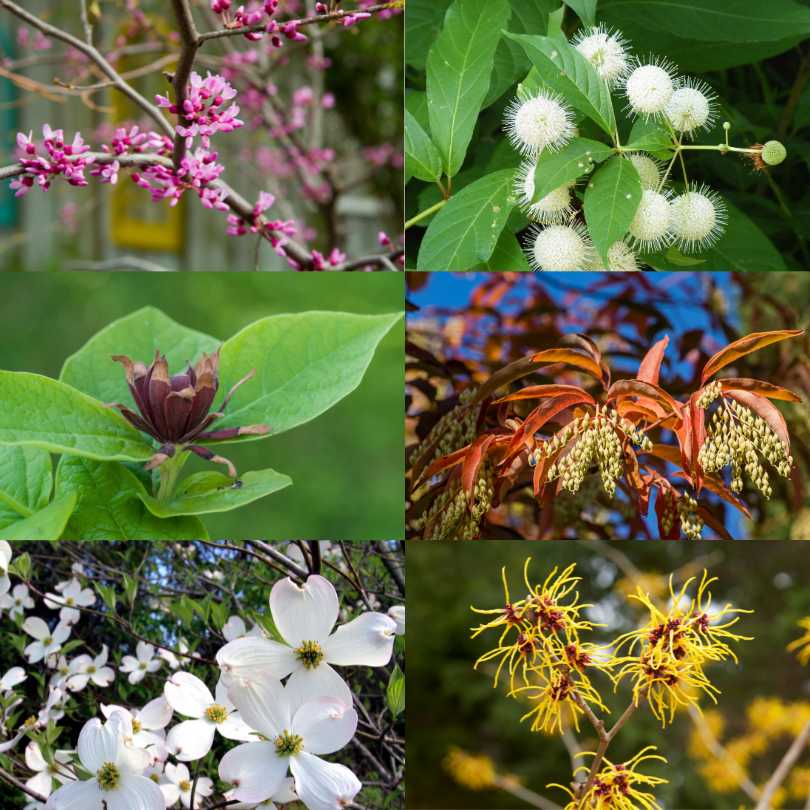
Do your part to help pollinators and grow more native perennials! According to scientists’ estimates, global insect populations are down by 50-75% in the past 50 years. One way to take action is to plant perennials on a hyper-local level and support the insects, specifically pollinators, in your area. That can be a city lot, […]
Feed and house your local wildlife with plants!
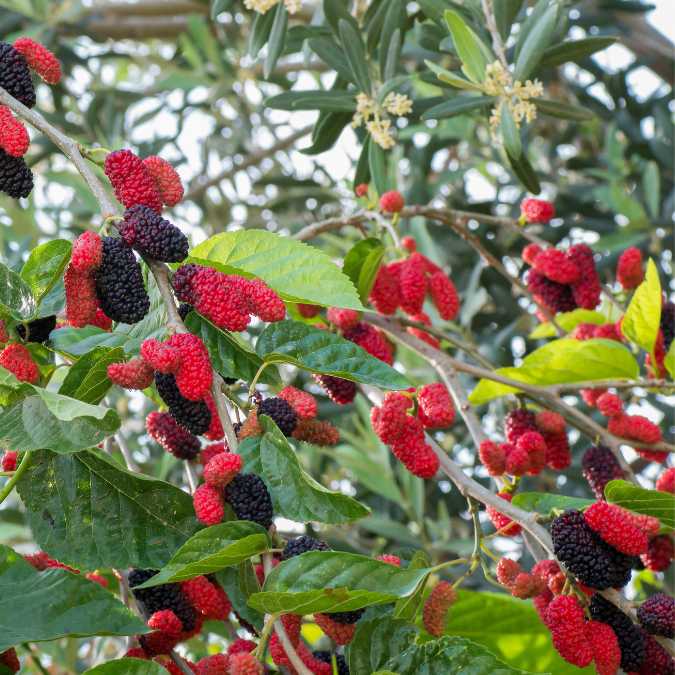
Do you want to support local wildlife? We have some excellent plant offerings to help! Mast is a term referring to the fruit of trees and shrubs. Hard mast is more typically nuts and acorns, while soft mast includes raspberries, blueberries, and MULBERRY! (as pictured here) The wide diversity of hard and soft mast bearing […]
Price drop on Strawberries!
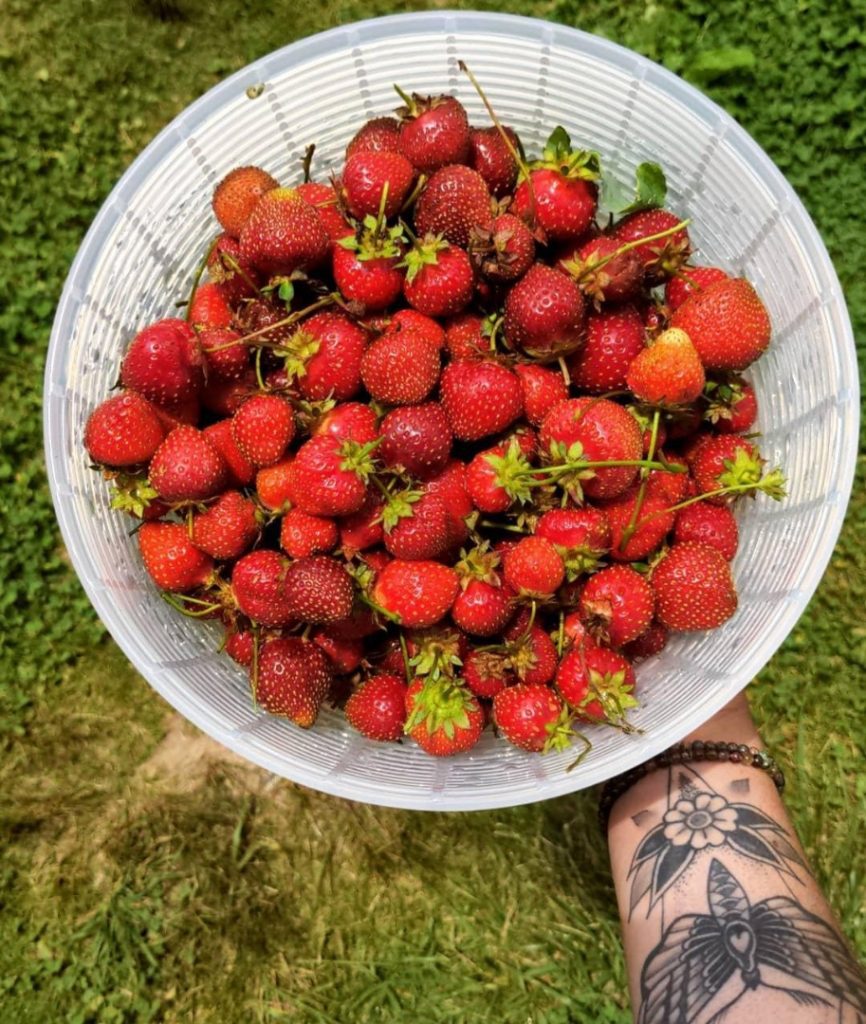
Price drop on strawberries!10 plants for $10! Head on over to the strawberry page in our online store to check out our varieties, and get ready to grow the best strawberries you’ve ever tasted! Easy to grow, perennial, providing early food for pollinators, strawberries are one of our garden favorites. We look forward to them […]
Plant Profiles – Pawpaw!
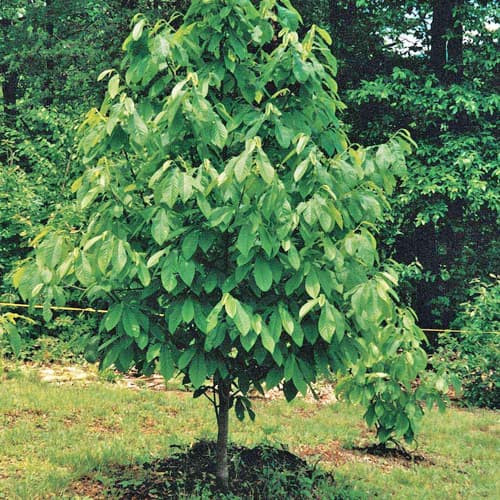
One of our favorite plants we sell is the pawpaw tree, Asimina triloba. Known by many names including the West Virginia banana, and the American custard apple. This is the largest native North American fruit, with the pawpaws reaching about 2 inches wide by 10 inches long. The fruit’s flavor is something like a blend […]
New Plant Profiles 2023 – Serviceberries!
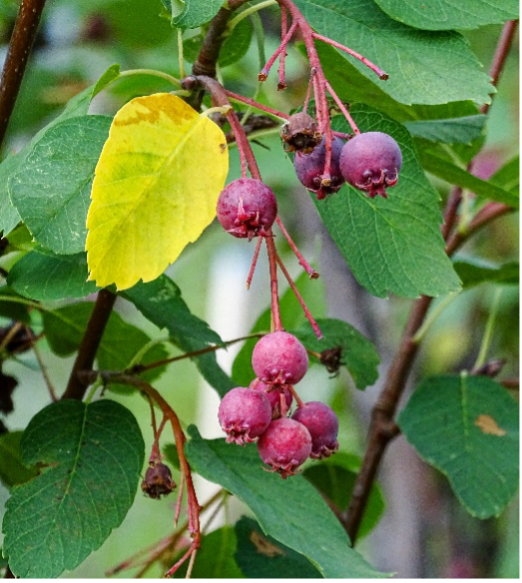
Serviceberry (Amelanchier canadensis) is one of our favorite edible landscape plants, and we are proud to offer the Autumn Brilliance cultivar this year! Native to NC and playing host to many birds and pollinators, this gorgeous small tree adds character to any landscape. Even better, it produces large crops of berries similar in size, shape […]
Website going live 12/15/2022!
Please stay tuned and get ready to start placing orders when our updated site goes live with inventory for our sale with pickup happening the first weekend of March 2023! Visit the contact us tab to let us know what plants/varieties you’d like to see us carry in the future
Happy Thanksgiving!
Hope everyone had a great holiday, maybe even got out in the garden a bit. We’re working hard behind the scenes to get orders in and even line up some new plants for 2023! We are hoping to be able to open the website in mid to late December, so stay tuned for more updates.
Welcome to plants for EVERYONE, online.
This website contains information on plant varieties we carry, pollination charts, and planting guides.You can also pre-order here and choose for local pickup at a couple of different times/locations.Please read all info here including our policies, to try to limit questions needing answers at the sale. To keep our prices low, most of our workers […]
